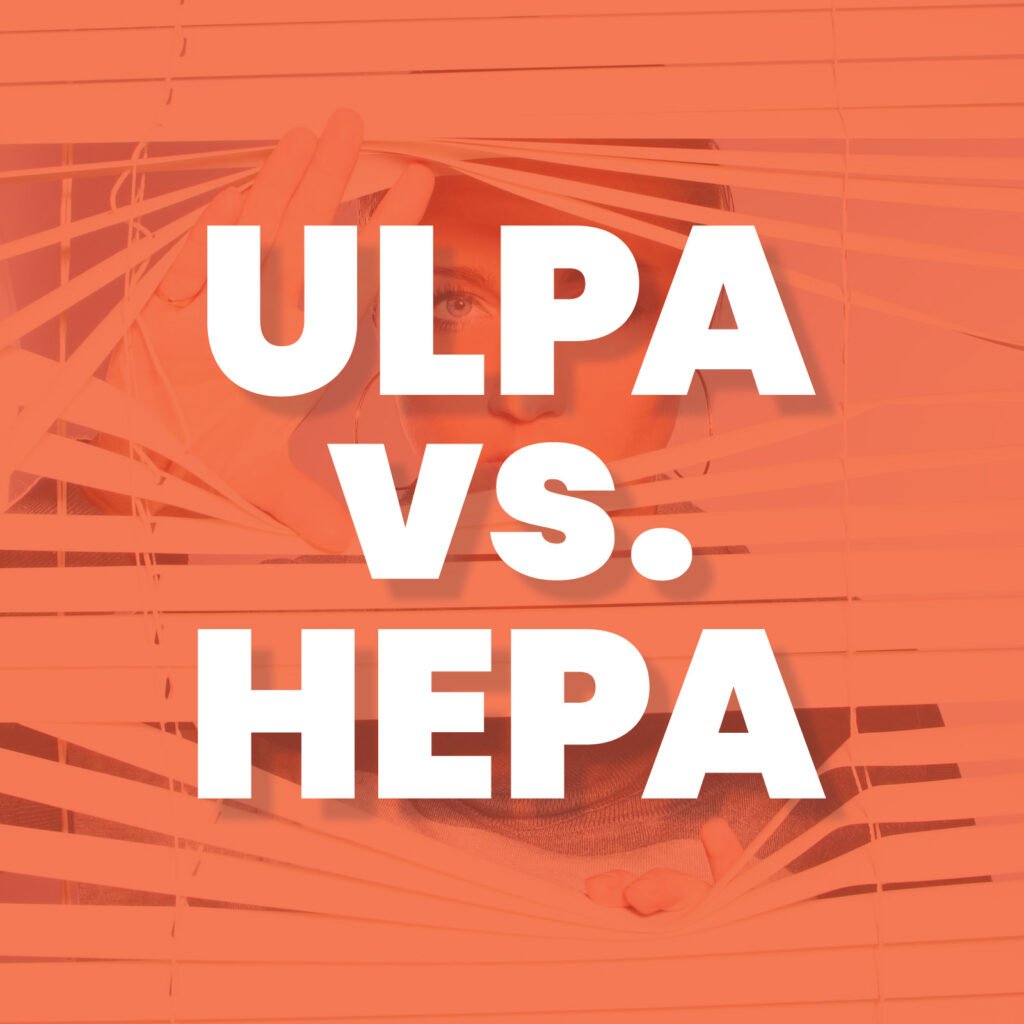
When it comes to air filtration, ULPA (Ultra Low Penetration Air) and HEPA (High Efficiency Particulate Air) filters are two popular options. Both filters are designed to remove airborne particles and improve indoor air quality, but they have some key differences. In this article, we will explore the differences between ULPA and HEPA filters to help you make an informed decision for your air filtration needs.
A HEPA filter is a type of mechanical air filter that is highly efficient at trapping and removing airborne particles. It is designed to capture particles as small as 0.3 microns with an efficiency of 99.97%. HEPA filters are commonly used in residential and commercial settings to remove dust, pollen, pet dander, mold spores, and other allergens from the air.
A ULPA filter is a more advanced version of a HEPA filter. It has a higher filtration efficiency and is capable of capturing particles as small as 0.12 microns with an efficiency of 99.9995%. ULPA filters are commonly used in industries that require extremely clean environments, such as pharmaceutical manufacturing, semiconductor production, and medical facilities.
The main difference between ULPA and HEPA filters lies in their efficiency. While HEPA filters are highly efficient at removing particles as small as 0.3 microns, ULPA filters can capture even smaller particles down to 0.12 microns. This makes ULPA filters more effective in environments that require the highest level of air purity.
HEPA filters are widely used in residential and commercial settings to improve indoor air quality. They are commonly found in HVAC systems, air purifiers, and vacuum cleaners. HEPA filters are effective at removing common allergens, such as dust mites, pollen, and pet dander.
ULPA filters, on the other hand, are primarily used in industries that require ultra-clean environments. They are commonly found in cleanrooms, laboratories, and manufacturing facilities where the presence of even the smallest particles can have serious consequences. ULPA filters are capable of removing particles that are invisible to the naked eye, making them essential in industries that demand the highest level of air purity.
ULPA filters are more expensive than HEPA filters due to their higher efficiency and more advanced technology. The cost of ULPA filters can be a significant factor to consider, especially for residential and commercial applications where HEPA filters are sufficient to meet the air quality requirements.
Both ULPA and HEPA filters require regular maintenance to ensure optimal performance. This includes periodic filter replacement or cleaning, depending on the type of filter and the level of air pollution. It is important to follow the manufacturer’s recommendations for filter maintenance to prolong the lifespan and effectiveness of the filters.
In summary, ULPA and HEPA filters are both effective at removing airborne particles and improving indoor air quality. The main difference lies in their efficiency and applications. ULPA filters are more efficient at capturing smaller particles and are primarily used in industries that require ultra-clean environments. HEPA filters, on the other hand, are widely used in residential and commercial settings to remove common allergens. When choosing between ULPA and HEPA filters, it is important to consider the specific air quality requirements and the cost implications.
To provide the best experiences, we and our partners use technologies like cookies to store and/or access device information. Consenting to these technologies will allow us and our partners to process personal data such as browsing behavior or unique IDs on this site and show (non-) personalized ads. Not consenting or withdrawing consent, may adversely affect certain features and functions.
Click below to consent to the above or make granular choices. Your choices will be applied to this site only. You can change your settings at any time, including withdrawing your consent, by using the toggles on the Cookie Policy, or by clicking on the manage consent button at the bottom of the screen.